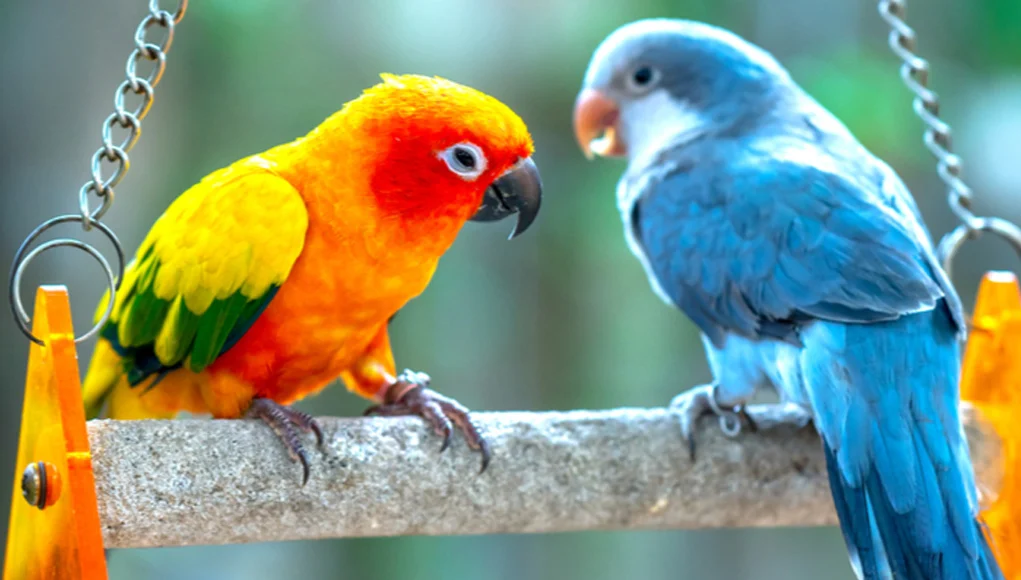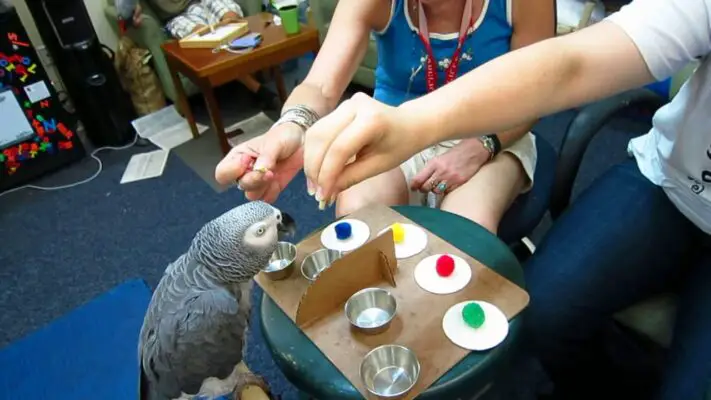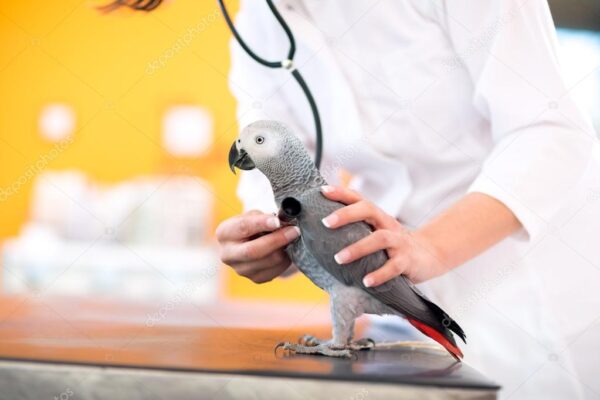Choosing the Perfect Parrot Pet: A Guide to Finding Your Feathered Friend
Are you considering bringing a parrot into your home as a pet? Discovering the ideal parrot species to suit your lifestyle and preferences is crucial for a fulfilling companionship experience. Let’s delve into the world of parrots and explore the various species that make excellent pets.
Exploring Popular Parrot Species for Pets
African Grey Parrots: Intelligent Companions
Known for their exceptional intelligence and remarkable ability to mimic speech, African Grey parrots are a popular choice among bird Lovers. These highly intelligent birds thrive on mental stimulation and interaction with their human counterparts.
Budgerigars (Budgies): Colorful and Easy to Care For
Budgies, also known as budgerigars or parakeets, are one of the most popular pet bird species worldwide. Their vibrant plumage and charming personalities make them a favorite choice for both novice and experienced bird owners.
Amazon Parrots: Vibrant Personalities
Amazon parrots are known for their vibrant plumage and outgoing personalities. These medium to large-sized parrots possess a wide range of vocalizations and enjoy interacting with their human companions. However, they require dedicated training and socialization to thrive in a home environment.
Conures: Energetic and Affectionate
Conures are renowned for their playful nature and affectionate demeanor. These small to medium-sized parrots are full of energy and enjoy engaging in activities with their owners. With proper care and attention, conures can form strong bonds with their human families.
Lifestyle Compatibility:
Consider your lifestyle and daily routine when selecting a parrot species. Some parrots require more attention and interaction than others, so choose a species that aligns with your lifestyle and availability.
Space Requirements:
Parrots need ample space to move around and exercise. Ensure that you have sufficient room in your home for a suitable cage or aviary, along with perches and toys to keep your feathered friend entertained.
Noise Level:
Different parrot species have varying vocalization levels. If you live in an apartment or have close neighbors, opt for a quieter species such as a cockatiel or budgie to avoid noise-related issues.
Longevity:
Parrots are long-lived birds, with some species living for several decades. Consider the long-term commitment involved in caring for a parrot and ensure that you are prepared for the responsibility of providing lifelong care and companionship.
Budget:
Factor in the initial cost of purchasing a parrot, along with ongoing expenses such as food, veterinary care, and supplies. Ensure that you have the financial resources to provide for your parrot’s needs throughout its lifetime.
Personality and Temperament:
Each parrot species has its own unique personality traits and temperament. Spend time researching different species and interacting with individual birds to find one that matches your preferences and personality.
Providing Proper Care for Your Parrot Pet
Once you’ve chosen the perfect parrot companion, it’s essential to provide them with the proper care and environment to thrive. Here are some essential tips for ensuring your parrot’s health and well-being:
Nutritious Diet:
Offer your parrot a balanced diet consisting of high-quality pellets, fresh fruits, vegetables, and occasional treats. Avoid feeding them foods that are high in fat, sugar, or salt, as these can lead to health issues such as obesity and nutritional deficiencies.
Regular Veterinary Check-ups:
Schedule regular check-ups with an avian veterinarian to monitor your parrot’s health and detect any potential issues early on. Vaccinations, parasite control, and routine examinations are essential for maintaining your parrot’s well-being.
African Grey Parrots: Regular Veterinary Check-ups
Environmental Enrichment:
Provide your parrot with a stimulating environment enriched with toys, perches of varying sizes and textures, and opportunities for mental and physical exercise. Rotate toys regularly to prevent boredom and encourage natural behaviors such as foraging and exploration.
Socialization and Interaction:
Parrots are highly social creatures that thrive on interaction with their human companions. Spend quality time with your parrot each day, engaging in activities such as talking, training, and playing games to strengthen your bond and prevent loneliness.
Grooming and Hygiene:
Regular grooming is essential for keeping your parrot’s feathers, nails, and beak in good condition. Provide opportunities for bathing or misting to help your parrot maintain proper hygiene and prevent feather plucking or skin problems.
Monitoring Behavior and Health Signs:
Pay attention to your parrot’s behavior and body language, as these can provide valuable insights into their health and well-being. Signs of illness or distress include changes in appetite, drooping posture, lethargy, and abnormal droppings. Seek veterinary care promptly if you notice any concerning symptoms.
Conclusion
Choosing the perfect parrot pet requires careful consideration of various factors, including species characteristics, lifestyle compatibility, and long-term commitment. By taking the time to research and evaluate your options, you can find the ideal feathered companion to enrich your life for years to come.



